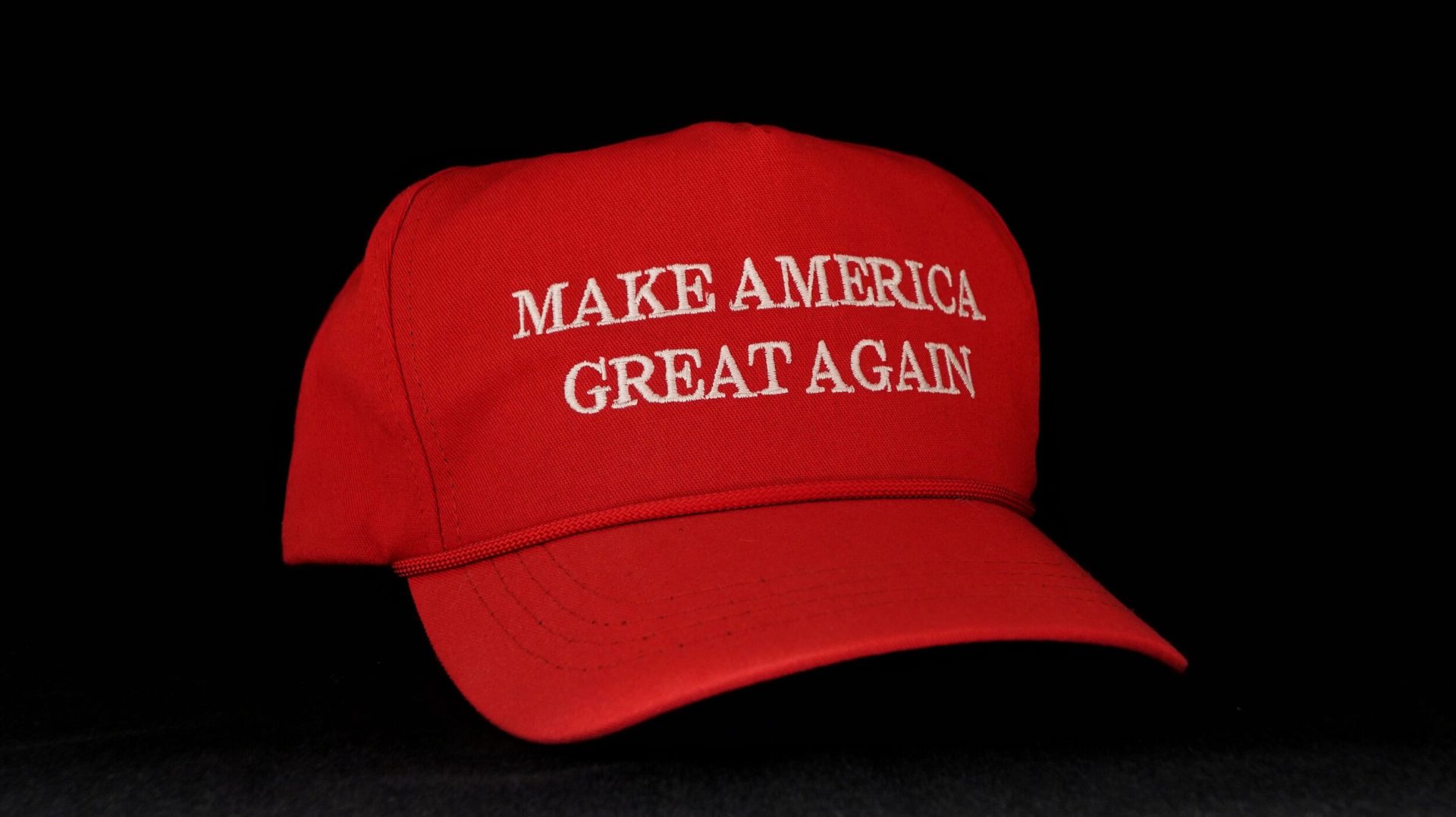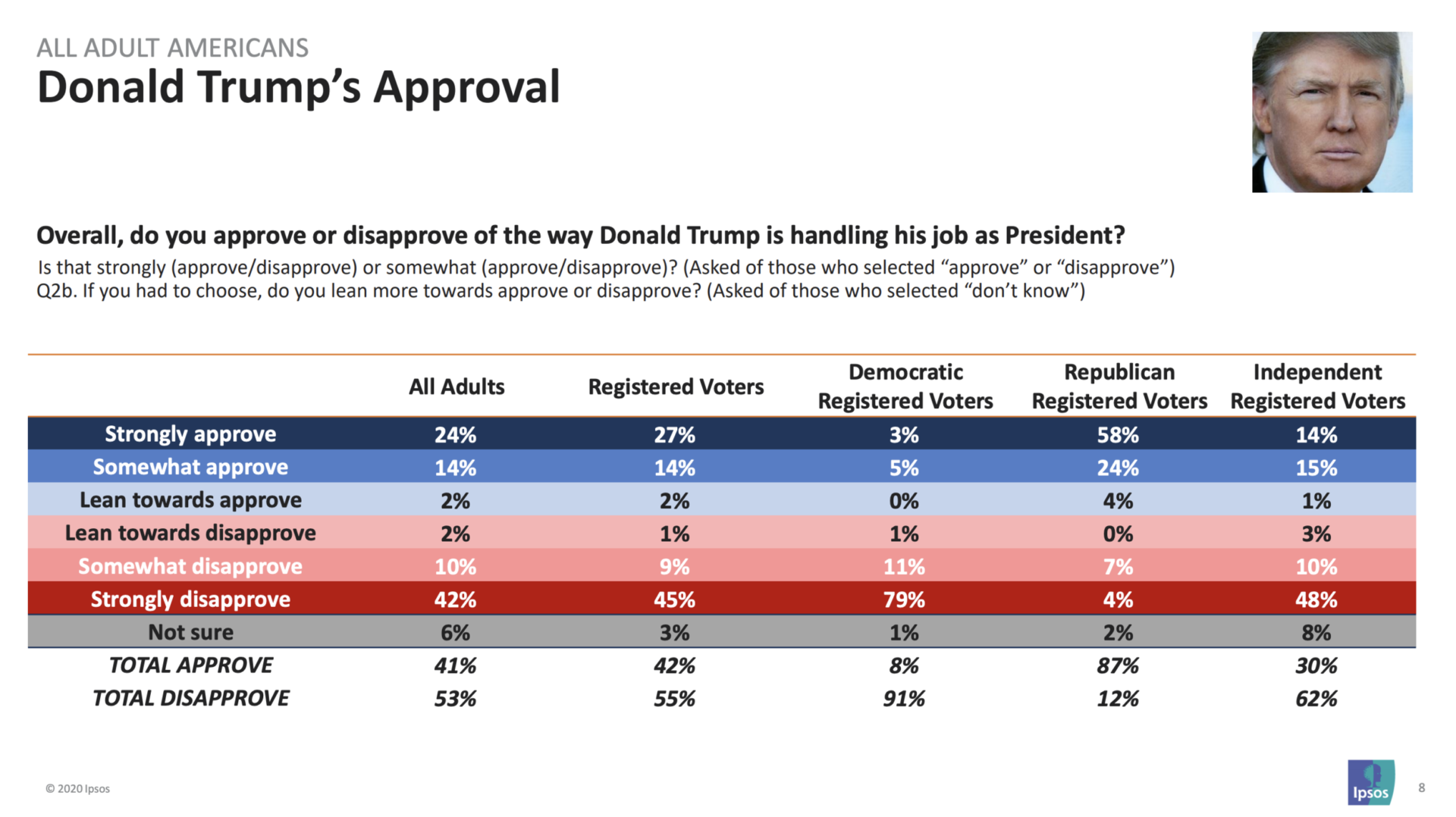
What are the chances that Donald Trump could soon lead a new third-party movement in the United States? How could it happen? What might make it happen? Could it work?
Think about Trump’s political history. For decades leading up to his Presidential run in 2016, he flirted with the possibility of running as a Democrat. Then, when he ran as a Republican in 2016, he ran on a platform that deviated from the broader GOP platform in several key ways. Trump opposed GOP-favored trade deals and tariffs, became the standard-bearer of isolationist foreign policy, and embraced a radical immigration strategy on our southern border. Let’s not forget his character and temperament as well.
While many Beltway Republicans are eager to return to a pre-Trump GOP, Trump’s time in office has pulled the Republican Party towards populism and nationalism. In a New York Times article titled “Win or Lose, It’s Donald Trump’s Republican Party,” reporter Elaina Plott outlined how many local politicians embracing Trumpism have come to beat more moderate Republicans in the ballot box. In other words, Trump’s strain of populism doesn’t stop with him – it exists on all levels of government.
Now we are less than a week away from Election Day, and while Trump still has a fighting chance to get a second term, many national polls indicate that Joe Biden has a significant advantage. A Trump loss in the general election – following a period of possible legal wrangling – would leave a substantial part of the electorate looking for a way to keep Trumpism alive. The Democrats are also favored to win back control of both the House and the Senate, further bolstering this sentiment.
The United States, for the most part, has had a two-party political system since George Washington retired. Although he was a fierce opponent of political parties, he neatly fitted into the political philosophy of what became known as the Federalist Party. He disagreed with their desire for an authoritarian, monarchical-type system but was generally in their camp. John Adams, his vice president, ran as a Federalist against Thomas Jefferson in 1796. Jefferson, unhappy with Washington, Adams, Hamilton, and others, had formed his own Democrat-Republican Party after resigning as Secretary of State. Adams won, but the two-party system was established.
The Democrat-Republicans eventually became known as Democrats when Andrew Jackson took office, and the Federalists drifted away after the populist Jackson defeated John Quincy Adams in 1828. Various other parties formed with the Whigs becoming the most prominent before losing decisively to the Democrats in 1856. The Republicans had developed in the 1850s from regional parties that chiefly opposed the spread of slavery to new territories. The Republicans, under Abraham Lincoln, won the presidency in 1860. With the Democrats, the two parties have dominated American politics ever since.
In fifty-eight presidential elections, third parties have mostly been an ad hoc novelty. Party affiliation by registrations indicates Democrats at 31%, Republicans at 25%, and unaffiliated voters at 40%. The Libertarian Party is third-largest – and also claims to be the fastest-growing.
Today, a dramatic ideological split exists amongst the American electorate. Coupled with broad disdain for the partisan gridlock that has come to dominate Capitol Hill, the electorate is ripe for a novel new third party to emerge under Trump. Trump’s base supporters are indeed shrinking, but they still make up a sizable portion of the electorate – 27% of registered voters “strongly approve” of Trump in a recent Reuters/Ipsos poll. If he can retain this cohort following the election loss, he’ll still wield significant political power.
The latest attempt to create a national third party, Americans Elect, emerged in 2010 and spent more than a million dollars per state to get on the ballot in twenty-nine states in 2012. Trump’s odds would be better since he has had four years to recruit and solidify a base, but it remains a daunting task.
Such an endeavor requires time, diligence, and lots of money, but it seems the Trumpists have all three components. Yes, some conventional Republican funding could dry up, but Trump has shown himself to be creative in financial matters, plus other dynamics could come into play. If Trump were to draw an ample number of registered Republicans to his nascent party, then the traditional Republican Party would shrink to an even smaller percentage of the electorate. Also, no longer burdened by the cultural mores of the GOP, Trump could also fully embrace the more radical fringes of his support – such as QAnon. With Trump pushing his populist, nationalist message, the Republicans would have to do some serious reevaluating. Like the Whigs, they could quickly become a small minority party in danger of disappearing into history.
A major drawback to third-party success has been our traditional voting procedures in which a voter selects one candidate for a position. A relatively new method is emerging and is being implemented in many political subdivisions around the country. Ranked Choice Voting presents the voter with the opportunity to rank each candidate according to the voter’s preference. First, second, third choices or more are indicated on the ballot, and the candidates are winnowed out until one achieves a 50% majority. It is possible that this method would elevate the chances of a third-party candidate to win or seriously affect an election. RCV is being used in the presidential election in Maine this year.
A Trump loss would relegate him to the sidelines of politics yet again. Once he gets there, there is no knowing what he’ll do. Perhaps many of his Republican supporters, who have held their noses as they donated to him and voted for him, would go away and find new candidates with a broader appeal to match up more closely with the Democrats. But if there is one thing that has come to define Trump, it is that he is a force of disruption. He no doubt has the ability to throw a wrench into politics yet again.
______________________________________________________________________________________________________________________







